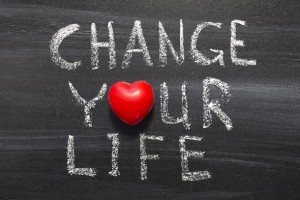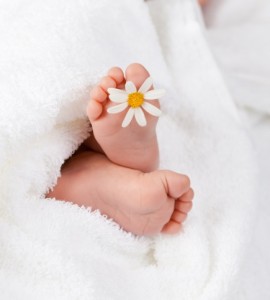Having a baby is the most unique and amazing experience any one can ever have. Life changes immensely, in a wonderful and very special way.
But what if you can’t always feel the excitement, the pleasure and the wonder of your baby? What if you get to the point where you cannot face another day looking after them or hear another cry? Perhaps you find yourself functioning and getting through the day, or operating like a machine, where you are disconnected from your feelings. Stress, anxiety, sleeplessness – there is so much pressure with a young baby, and that pressure can reach a point where it is simply too much.
Postnatal depression can hit at any time. It doesn’t always happen straight after birth. In fact it is often more apparent six months after giving birth. It is also a lot more common than people realise, and like any kind of depression there are various degrees. Some women may find that they can’t sleep properly, they feel restless, unable to cope and have very low mood. Others may feel they can’t face living any more or have thoughts about harming their baby.
Women can be more susceptible to postnatal depression if they have a history of depression, or if they experienced depression or anxiety during pregnancy. It is also more likely to hit women who feel isolated in terms of a support network. Also if there are issues in their relationship or they don’t have a supportive partner. These are just some of the areas that can contribute – but the physical and emotional stress of a new born alone can be enough, particularly with a traumatic birth and hormonal changes.
Living with postnatal depression doesn’t mean you can’t care for your baby, and it doesn’t mean that you don’t love them. The really heart-breaking thing about postnatal depression is that women can often beat themselves up so much about the fact that they feel they aren’t doing a good enough job as a mother. They can put immense pressure on themselves to be perfect, to get things right all the time and then feel even more upset with themselves when they can’t cope.
The important thing to remember is that postnatal depression is an illness. Signs to watch out for are mood changes, irritability and episodes of tearfulness. All women tend to experience the ‘baby blues’ but these often go a few weeks after birth. When this tearfulness continues, and when things continue to just feel too much all of the time, it is likely that you are living with postnatal depression.
A lot of women ignore the symptoms of postnatal depression because they are afraid of what people will think, and often they have fears around being seen as a bad mother. As a result they push forward and try to cope, pushing the feelings down and as a result they can get lower and lower, and end up feeling even more isolated.
It can be soul destroying to be living with postnatal depression and not acknowledge or admit it. Even to yourself. The first major step is becoming aware of the fact that there is an issue and then admitting that you may need help with it. It’s ok to do that, and help can really change things.
Living with postnatal depression can leave you feeling so isolated all of the time. Attending baby groups and looking around, feeling as though every other mother has everything under control and is coping amazingly. Hearing doctors and health visitors constantly tell you what you should and shouldn’t do, and then giving yourself a hard time because you feel as though you are doing it all wrong. Watching people post endless ‘happy’ photos on line and feeling as though you are the only mother that can’t always find joy and happiness with your baby. All of this is so hard. It can take you to some very dark places and leave you feeling as though no one else understands.
But remember, you are not alone. Every mother (postnatal depression or not) fights an endless battle of trying to be good enough. Of trying to get things right all the time. A battle of tiredness, exhaustion, of not knowing, dealing with stressful times such as illness or teething. Just because they don’t talk about how horrendous last night was, it doesn’t mean it didn’t happen. Add postnatal depression on top of this battle and you can find yourself literally struggling to get out of bed in the morning. Change is however possible and there are things that can help.
 Here are a few things that can help –
Here are a few things that can help –
- Ask for help when you can – even an hour a day to have a break from your baby can make the world of difference
- Exercise – it doesn’t matter if it is walking, swimming or hitting the gym. Whatever works for you – exercise releases endorphins and combats depression
- Speak to your GP – it doesn’t mean you have to go on medication, but sometimes this can be needed and can really help
- Keep a journal of all your thoughts and feelings. Releasing these from your head can be very therapeutic
- Talk to your family and friends – share what is going on for you.
- Try not to isolate yourself
- Make some time for yourself each day – maybe when your baby naps or is in bed in the evening. Do whatever you need to – read, meditate, watch a film – whatever works for you
- Take some pressure of yourself – you don’t have to attend everything baby related, or say yes to everyone. Slow down.
- Remember that this won’t last forever, and things will get easier. Trusting in an end point can make things more bearable
- Try to avoid drinking alcohol as it can make you feel so much worse
- Aim to eat a healthy and balanced diet
- Seek counselling if possible – counselling can really help with postnatal depression. If we can help we will – 07590 663938 or info@yourcounsellingservice.co.uk


